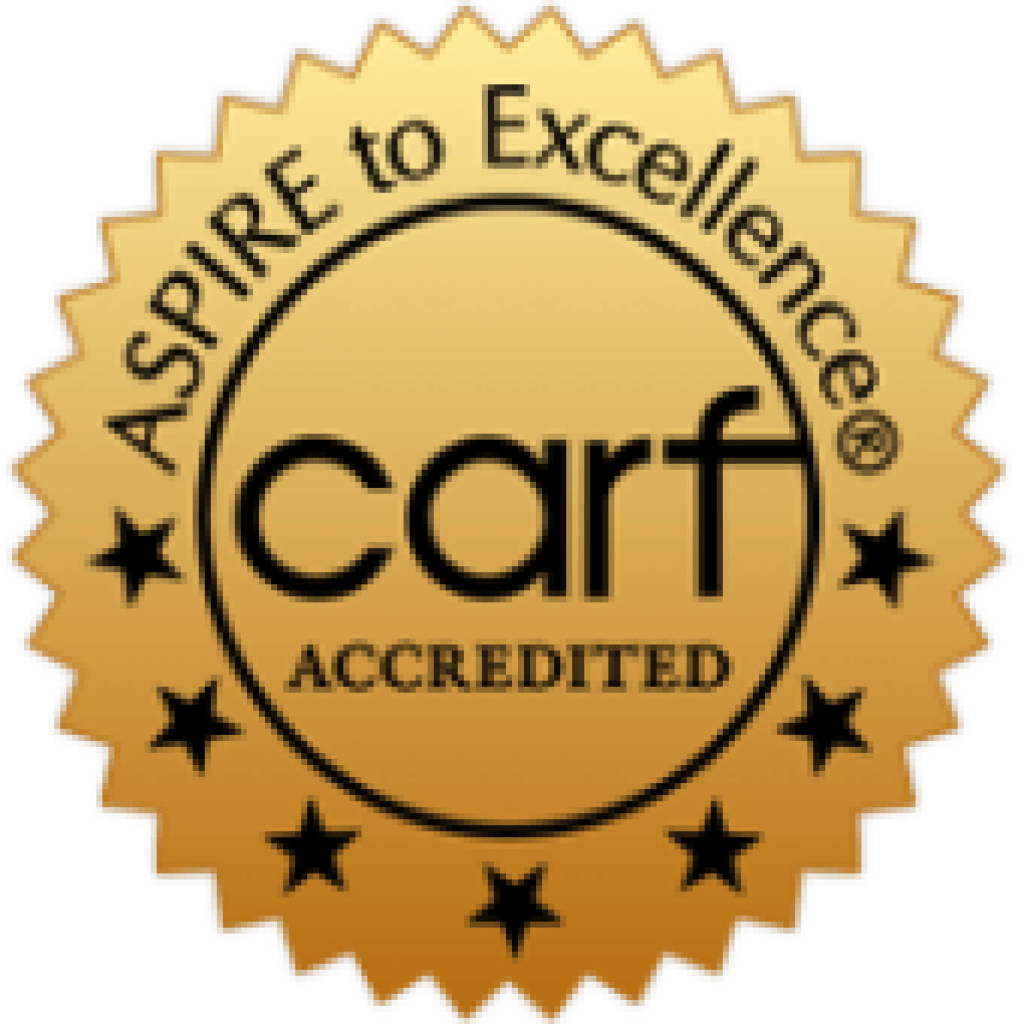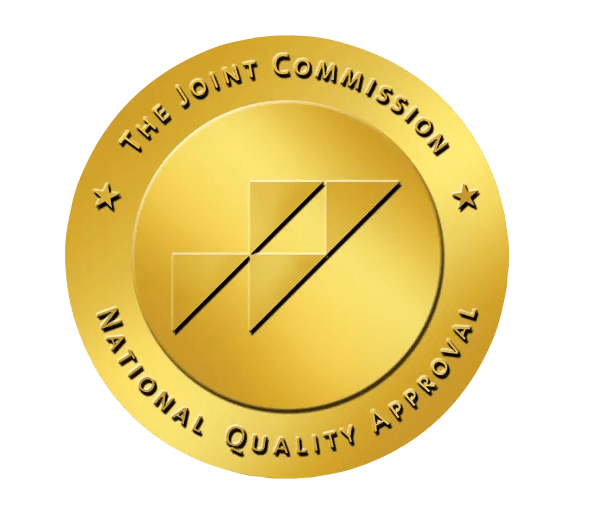What is Functioning Alcoholism?
Alcohol abuse and addiction looks different for everyone. Although many people can be severely affected by alcohol, some people may be able to hide it and remain “high-functioning” in their daily lives. Because there are no single set of characteristics of what alcohol abuse looks like, it may be hard to see if a friend of a loved one is addicted to alcohol.
What is Functional Alcoholism?
Functional alcoholism can also be referred to as “high-functioning.” This is a subtype of alcoholism and describes people who appear to be functioning normally on the outside but abusing alcohol behind closed doors.
Common characteristics may include:
- Having a steady job
- Often have families or are in a steady relationship
- Have a family history of alcoholism
Because of these characteristics, many people may be able to hide their alcohol abuse until it becomes a significant problem.
Five Signs of Functioning Alcoholism
- Drinking to Cope with Stress
We face several different types of stress in our everyday lives. Whether its related to work, family, financial, or anything else, there is a lot of stress in the world. It’s not uncommon for adults to have a drink at the end of the work week but using alcohol as sole mean of stress relief can indicate a problem.
Drinking to relieve stress can quickly lead to a habit of frequent and heavy drinking. Although alcohol may initially provide relief, drinking frequently can lead to a higher tolerance and alcohol dependence, resulting in cravings, concentration difficulties, and alcohol withdrawal. Alcohol can also have a negative effect, worsening stress-related symptoms like depression and anxiety. - Drinking During the Day
When somebody has developed an alcohol dependence, they may find the only way to prevent withdrawal symptoms is to drink more alcohol. This may mean drinking during the day. This can lead to behaviors like hiding alcohol at work, sneaking drinks on work breaks, or drinking after waking up.
Day drinking once does not mean that one is abusing alcohol. However, if day drinking occurs with some of the following behaviors, there may be more going on: - Frequently day-drinking
- Trying to hide day-drinking
- Making jokes about how often or how much they drink
- Minimizing the problems drinking has on the rest of their life
- Showing signs of withdrawal (headache, anxiety, fatigue, sweating, nausea)
- Frequently Drinking Alone
People who develop an addiction to alcohol can tend to drink alone. This may be a way to hide it from their friends or family and is vastly different than drinking at parties or events. While alcohol abuse can still be present when at parties or events, going home to continue to drink alone is another sign of abuse. - Heavy and Frequent Drinking
Drinking habits varies from person to person, but for someone who is abusing alcohol, the amount and frequency will increase over time. Moderate drinking is defined as no more than one drink a day for women and no more than two drinks a day for men. When someone abuses alcohol, they are likely to surpass that limit frequently. If someone is regularly drinking heavy amounts of alcohol or is unable to go a day without drinking, it is likely that they have developed a dependence on alcohol. - Denial or Avoidance
When someone is abusing alcohol, they are unlikely to admit it. Sometimes, they may not even recognize they are doing it. Denial is one of the most common traits because they claim they are still able to “function normally” in their day to day lives. Sometimes, they do not see the impact that drinking has on their life and that’s what causes the denial.
Treatment for Alcohol Abuse
Addiction to alcohol can be a difficult problem for anybody to face. However, it’s not a problem that you or your loved one has to face alone. Here at Holland Pathways , we offer an upscale setting designed to provide a safe, accepting environment where they can heal from the negative effects of alcoholism.






